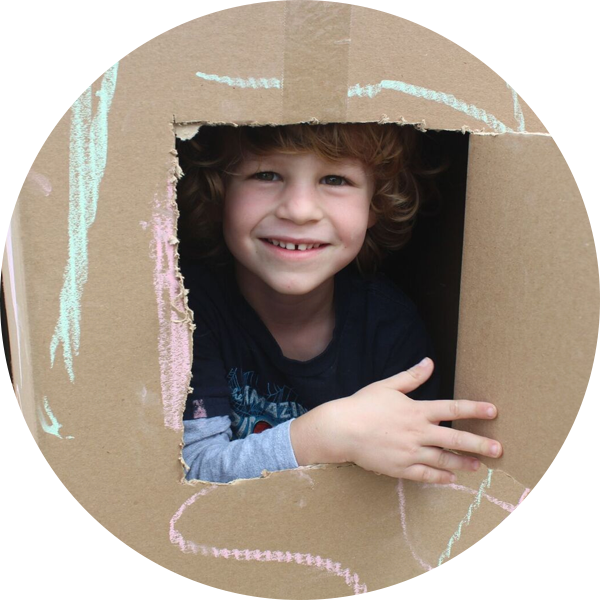Research on the benefits for children who play in nature is growing. Many evidence-based studies discuss the various ways in which children grow and develop differently – and positively – when their childhood is spent in nature and free play.
 A few of the many benefits include: a reduction in ADHD through improved concentration and focus, better physical coordination and balance, greater imagination and creativity and improved cognitive development. Play in nature buffers the impact of life’s stresses on children, helps them better deal with adversity and stimulates cooperation with others. Play in diverse natural environments reduces or eliminates bullying.
A few of the many benefits include: a reduction in ADHD through improved concentration and focus, better physical coordination and balance, greater imagination and creativity and improved cognitive development. Play in nature buffers the impact of life’s stresses on children, helps them better deal with adversity and stimulates cooperation with others. Play in diverse natural environments reduces or eliminates bullying.
Clearly, children benefit from nature. But nature also benefits from children who play there – even more when a child’s nature experiences begin early in life. Children who grown in nature develop into stewards of the earth and have an affinity that lasts a lifetime
Additional information and examples of the benefits of nature play may be found here:
- Lecture notes Unleashing the Power of Play from Dr. Peter Gray's lecture at Idea Festival in 2017 sponsored by The Children at Play Network - download here
- Richard Louv (1991). Childhood's Future, New York, Doubleday. (Vitamin N, Nature Deficit Disorder)
- David Sobel: Ecophobia, Children’s Secret Places, Place-Based Education
- Natural Learning Initiative, N.C. State: www.naturalearning.org/earthboundpaper.html
- Moore, Robin & Cosco, Nilda, (2000). Developing an Earth-Bound Culture Through Design of Childhood Habitats, Natural Learning Initiative. Paper presented at Conference on People, Land, and Sustainability: A Global View of Community Gardening, University of Nottingham, UK, September 2000). Accessed June 12, 2004 from
- Fisman, Lianne (2001). Child's Play: An empirical study of the relationship between the physical form of schoolyards and children's behavior, MESc 2001. Accessed June 1, 2004 from www.yale.edu/hixon/research/pdf/LFisman_Playgrounds.pdf